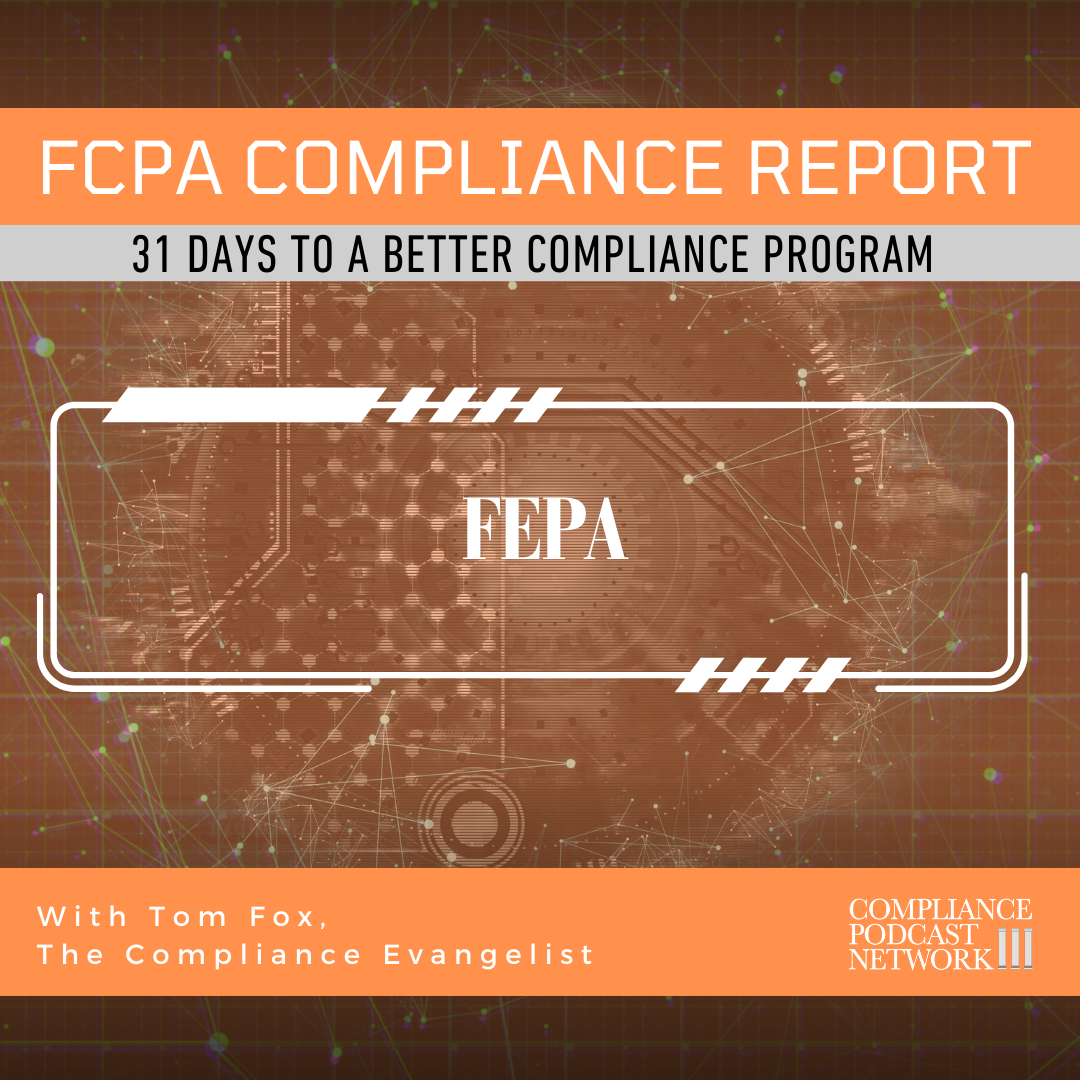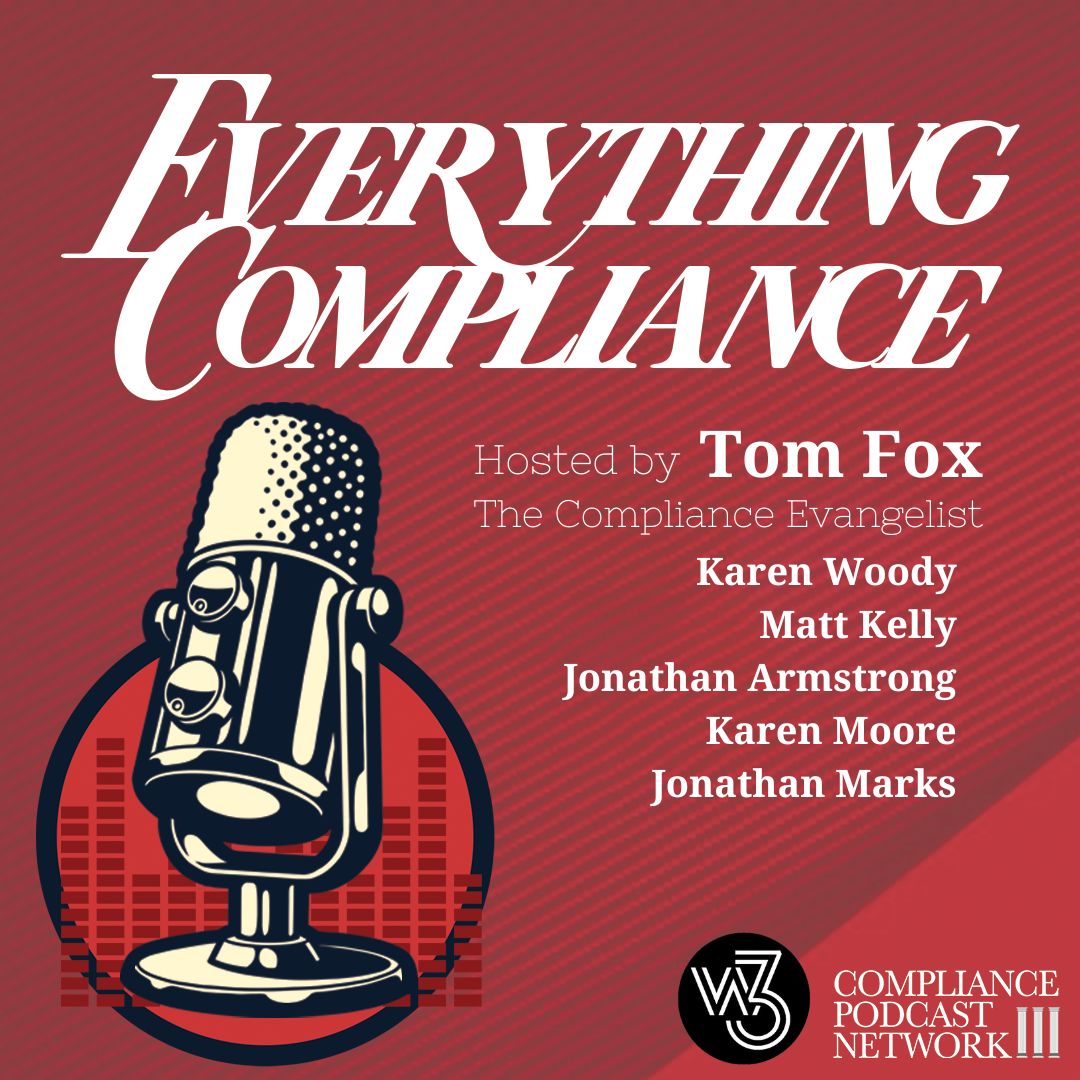Agentic AI systems, with their unique ability to operate autonomously, present a game-changing opportunity for corporate compliance functions. In a recent article in Bloomberg entitled “Using AI Agents Requires a Balance of Trust, Privacy, Compliance,” Sabastian Niles, President, and Chief Legal Officer of Salesforce, discussed AI agents’ roles. Today, we, therefore, enter the world of agentic AI systems. Understanding this new breed of AI is essential for compliance professionals to harness its power responsibly while safeguarding trust, privacy, and compliance.
Unlike traditional chatbots or large language models that are limited to providing static responses, Agentic AI systems can analyze complex data, adapt to new information, and take actions based on predefined parameters. This capability can revolutionize compliance operations by introducing efficiencies, enhancing decision-making, and improving the organization’s ability to anticipate and respond to risks. However, leveraging these systems effectively requires compliance professionals to approach them thoughtfully and strategically. Over this three-part blog series, I will explore what Agentic AI systems are, how they can be used in compliance, and how to use Agentic AI going forward. In Part 2, we look at how compliance can use Agentic AI systems.
Understanding the Potential of Agentic AI in Compliance
Agentic AI is distinguished by its autonomy. These systems do not simply respond to queries; they execute tasks, provide actionable insights, and adapt to changing circumstances with minimal human intervention. For compliance professionals, this shift represents an opportunity to go beyond even monitoring and detection. Instead, compliance teams can integrate AI agents into their workflows to proactively manage risks, enhance internal processes, and improve the organization’s overall compliance posture. Here are some specific ways agentic AI systems can be applied within the compliance function.
Automating Routine Tasks. Many compliance activities are repetitive and resource-intensive, leading to inefficiencies and bottlenecks. Agentic AI can streamline these processes by handling internal inquiries. AI agents can respond to frequently asked compliance questions from employees, such as clarifications on company policies, reporting obligations, or training requirements. This reduces the workload on compliance officers while ensuring consistent and accurate responses.
Agentic AI can assist in managing external counsel and external consultant relationships. For companies working with multiple external legal advisors, Agentic AI can automate the tracking of legal expenses, performance metrics, and case statuses, providing a centralized view of outside counsel activities. Finally, Agentic AI can be a game-changer in monitoring transactions on a real-time and ongoing basis. Agentic AI systems can autonomously review large volumes of financial transactions to identify red flags, such as unusual payment patterns or potential violations of anti-corruption laws.
- Enhancing Decision-Making
Compliance often involves making decisions based on a wide array of data, from regulatory updates to internal audit findings. Agentic AI can enhance this process by providing real-time insights. It can analyze data across the organization to identify emerging risks, such as changes in geopolitical conditions or new regulatory developments, and provide recommendations on how to address them.
Agentic AI can also help reduce human error. Agentic AI can help eliminate biases or oversight errors in compliance assessments, ensuring that decisions are more objective and accurate. It can also model the potential impact of regulatory changes or proposed business initiatives, allowing compliance teams to anticipate challenges and provide informed guidance to leadership.
The regulatory environment is constantly evolving under the second Trump Administration, and organizations must be able to adapt quickly. Agentic AI can help compliance teams stay ahead by monitoring regulatory changes. It can automatically track and analyze updates to laws and regulations worldwide, highlighting changes relevant to the organization and suggesting actions to ensure compliance.
One of the key areas the Department of Justice communicated back in 2020 and brought forward in the 2024 Update to the Evaluation of Corporate Compliance Programs (2024 Update) was the need for risk assessments as your risk changes. Agentic AI moves you to a level beyond this with proactive risk assessments. By analyzing internal and external data, AI systems can identify vulnerabilities and recommend preventive measures, reducing the likelihood of compliance failures. It can also assist in your incident and triage process by investigating the issue, gathering evidence, and suggesting corrective actions, enabling the organization to respond more effectively.
Managing the Risks of Autonomy
While the autonomy of agentic AI systems offers significant benefits, it also introduces new risks that compliance professionals must address. Poor data quality and bias will still generate suboptimal results. Poor-quality or incomplete data can lead to incorrect or biased outputs from AI systems. Compliance teams must ensure that the data used by these systems is accurate, representative, and regularly updated.
The autonomous nature of Agentic AI means that organizations must establish clear guidelines for oversight and accountability. This includes defining when human intervention is required and ensuring that AI decisions align with organizational values and regulatory requirements. Finally, there are the dual areas of transparency and accountability. One of the most critical challenges with agentic AI is understanding how the system arrives at its decisions. Compliance teams must advocate for transparency in AI operations and develop mechanisms to explain decisions to regulators, stakeholders, and employees.
Steps for Compliance Teams to Adopt Agentic AI
To maximize the benefits of agentic AI while minimizing its risks, compliance teams should take the following steps:
- Assess Current Processes. Begin by identifying compliance activities that are repetitive, time-consuming, or prone to error. These are often the best candidates for automation through agentic AI.
- Pilot AI Applications. Before deploying AI across the entire compliance function, start with pilot projects in specific areas, such as policy monitoring or transaction reviews. Use pilots to test the system’s capabilities, identify potential risks, and gather feedback.
- Strengthen Data Governance. Agentic AI relies heavily on data, making strong data governance practices essential. This includes implementing controls to ensure data accuracy, managing access to sensitive information, and maintaining compliance with data privacy regulations.
- Develop Ethical Guidelines. Work with cross-functional teams to establish ethical guidelines for AI use. These guidelines should cover issues such as transparency, accountability, and acceptable use and should be reviewed regularly to reflect evolving best practices and regulatory standards.
- Provide Training and Support. Compliance teams must be equipped to work effectively with AI systems. Offer training to help team members understand how agentic AI works, how it can be used responsibly, and their role in overseeing its operations.
- Establish a Feedback Loop. Implement processes for continuously monitoring AI performance and gathering feedback from users. Use this information to refine the system and address any issues that arise.
Down the Road
Agentic AI systems represent a powerful tool for compliance functions, offering the potential to enhance efficiency, improve decision-making, and build resilience. However, these benefits can only be realized if the technology is implemented responsibly. Compliance professionals must balance leveraging AI’s capabilities and maintaining the trust, privacy, and ethical standards critical to the organization’s success.
By taking a proactive approach to understanding and adopting agentic AI, compliance teams can streamline their own operations and position themselves as strategic partners in driving the organization’s broader innovation and risk management efforts. The question is no longer whether compliance teams should embrace agentic AI but how they can do so responsibly and effectively.






